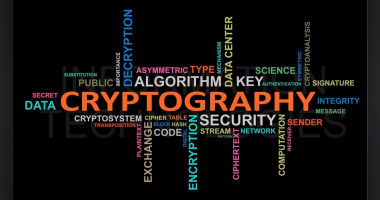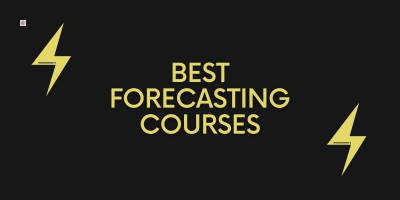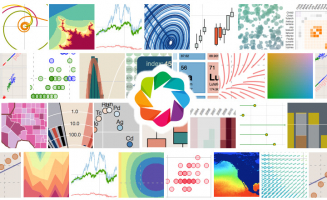Top 10 Best Online Logic Courses
Logical thinking is an extremely necessary skill in modern society. People with logical thinking will think all problems logically, have a deep sequence of ... read more...events and do not solve problems emotionally. Usually, to solve problems logically,Toplist often focus on answering the why question in order to find the causes. If you are interested in learning logic online, don’t forget to check out the list of the best logic online courses!
-
First on the list of the best logic online courses is the Building a modern computer from the basics: from Nand to Tetris. What you'll accomplish: You will design a modern computer system from the ground up in this project-based course*. This exciting adventure will be divided into six hands-on projects that will take you from building basic logic gates to building a fully functional general purpose computer. You will discover how computers work and are designed in the most direct and constructive way possible as a result of this approach.
You'll need the following items: This is a self-contained course; all of the information needed to complete the course and construct the computer system will be provided as part of the learning process. As a result, they presume no prior understanding of computer science or engineering, and all newcomers are invited to join us. You won't need any physical materials because you'll be building the computer on your own computer with a software-based hardware emulator, precisely how real computers are created by field computer engineers. After you enroll in the course, you will receive the hardware simulator as well as other software tools for free. The course is divided into six modules, each of which includes a series of video lectures and a project. Each module's lectures will take about 2-3 hours to watch, and each of the six projects will take about 5-10 hours to complete. The course is designed to be finished in six weeks, but you are free to go at your own pace. Googling "nand2tetris TED talk" will bring up a TED talk about the course.
*About Project-Centered Courses: Project-centered courses are meant to assist you in completing a personally important real-world project, with support and suggestions from your instructor and a community of learners with similar interests. You'll master the course content more quickly if you actively apply new concepts as you study; you'll also get a head start on using the abilities you discover to create good changes in your life and career. You'll have a finished project that you'll be glad to use and share once you've completed the course.
- Flexible deadlines: Reset deadlines based on your availability.
- Shareable certificate: Get a Certificate when you complete
- 100% online: Start now and learn when it's convenient for you.
- Approx. 44 hours to complete
- Subtitles: Arabic, French, Portuguese (European), Italian, Vietnamese, German, Russian, English, Hebrew, Spanish
Rating: 4.9/5
Website: coursera.org/learn/build-a-computer
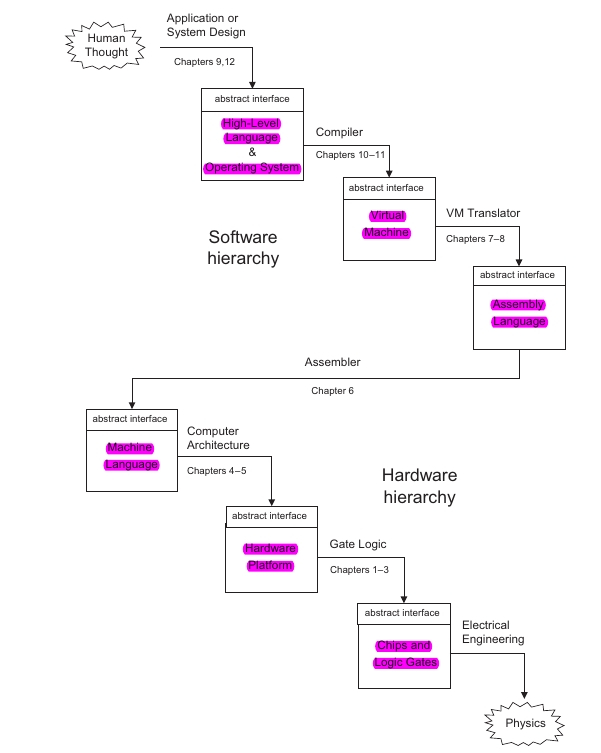
ranjitsaini.net 
-
Number two among one of the best logic online courses is the Introduction to mathematical thinking. Learn to think like a mathematician, which is a powerful cognitive mechanism that has evolved over thousands of years.
Mathematical thinking, one of the best logic online courses, is not the same as practicing arithmetic, at least not in the way that math is normally taught in educational system. Learning processes to answer highly stereotyped problems is a common topic in school math.
Professional mathematicians think in a specific way to answer real-world problems, whether they come from the actual world, science, or mathematics itself. Learning to think outside of the box is essential for success in classroom math. A significant element of mathematical thinking, on the other hand, is the ability to think beyond the box, which is a useful skill in today's environment. This training assists in the development of such critical way of thinking.
- Flexible deadlines: Reset deadlines based on your availability.
- Shareable certificate: Get a Certificate when you complete
- 100% online: Start now and learn when it's convenient for you.
- Intermediate level: Approx. 39 hours to complete
- Subtitles: Arabic, French, Portuguese (European), Italian, Vietnamese, Korean, German, Russian, English, Spanish
Rating: 4.8/5
Website: coursera.org/learn/mathematical-thinking
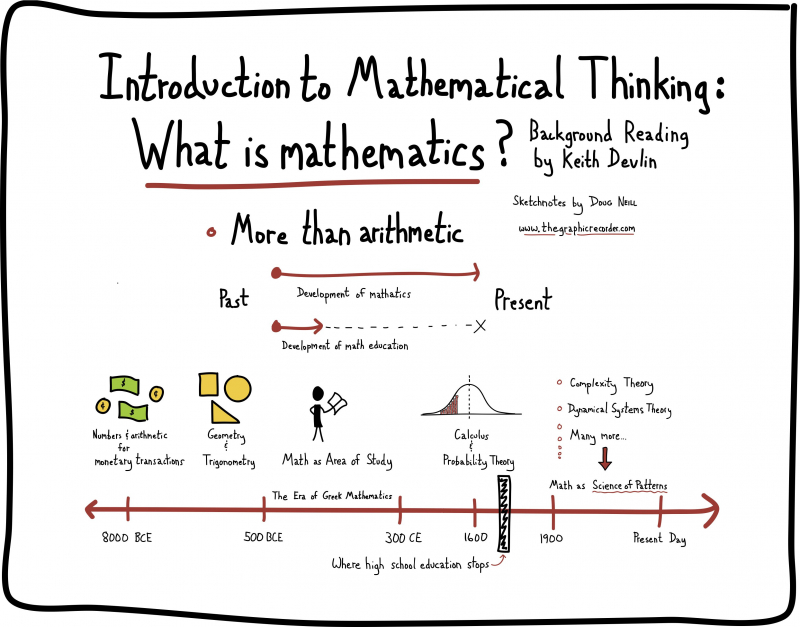
pinterest.com 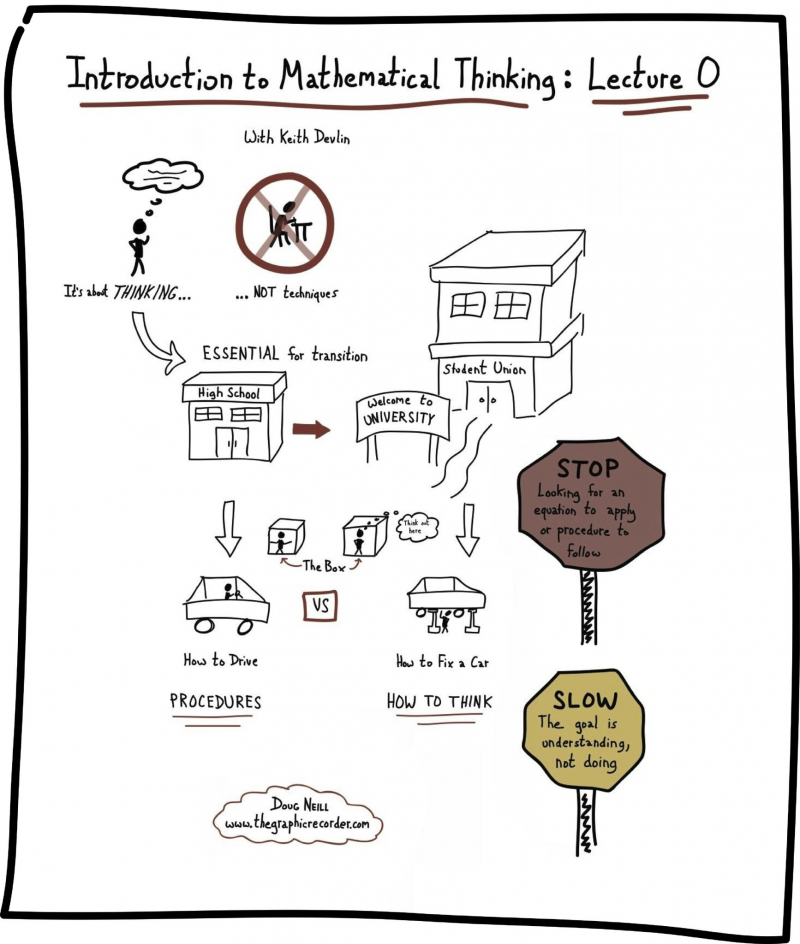
fivespot.canalblog.com -
Nowadays, most jobs necessitate more than just broad intelligence. They also necessitate the ability to gather, evaluate, and consider data. When these same talents are applied to situations in everyday life including judgment and decision, personal life is enriched. This course covers the fundamentals of statistics, probability, scientific methodology, cognitive psychology, and cost-benefit analysis, as well as how to apply them to everything from product selection to analyzing media coverage of scientific research. Concepts are defined quickly and simply, and then applied to a variety of business, media, and everyday life applications.
What will you be able to learn? Why it's almost always a bad idea to interview candidates for a job. Why is it exceedingly improbable that if you enjoy your first dinner in a new restaurant, you will enjoy your next meal as well? Why do economists frequently leave movies and restaurant food unfinished? Why putting your photo on the cover of Sports Illustrated almost always guarantees your next season will be a letdown. Why it's possible that you don't have a disease even if you've tested positive for it. Why, unless you undertake an experiment in which you flip a coin to determine whether you will consume coffee on a certain day, you will never know how coffee affects you. Why it could be a mistake to have an office in your own building rather than in someone else's. Why you should never hold a declining stock in the hopes of avoiding a loss of your initial investment. Why is it that so much of the health information offered in the media is false?
- Flexible deadlines: Reset deadlines based on your availability.
- Shareable certificate: Get a Certificate when you complete
- 100% online: Start now and learn when it's convenient for you.
- Beginner level: Approx. 2 p.m. to complete
- Subtitles: Arabic, French, Ukrainian, Portuguese (European), Italian, Vietnamese, Korean, German, Russian, English, Spanish
Rating: 4.8/5
Website: coursera.org/learn/mindware
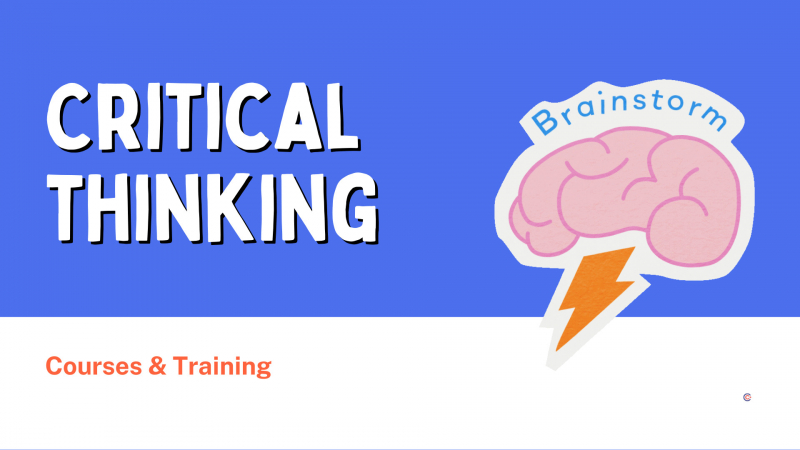
coursesity.com 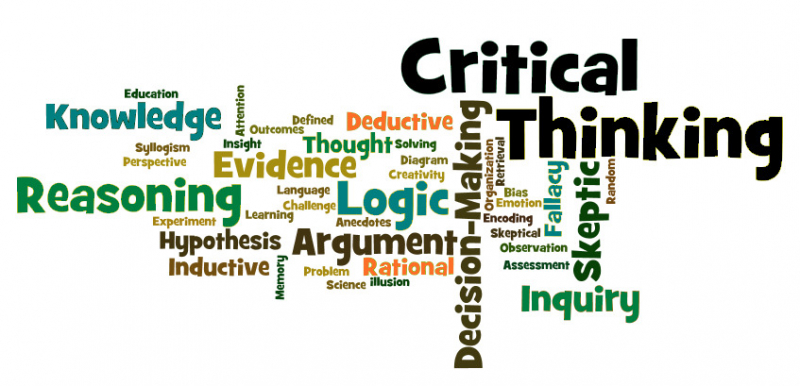
sites.google.com -
This course covers fundamental principles, an overview of the area, and tools for getting started as a changemaker in social impact strategy and social entrepreneurship. Students will learn how to come up with fresh ideas and how to develop new organizational structures to implement them. Students who take this course will be better prepared to start their own social impact groups.
Students will put their enthusiasm for helping the world into tangible ideas for creating a charity or for-profit enterprise to fulfill a social goal by advancing through four stages: Define, Design, Pilot, and Scale. This course will teach students how to think through problems in a methodical approach, design and test new solutions, evaluate risk, competitiveness, and performance, and disseminate influence in a financially viable way. Students who complete the course are entitled to apply for the Global Social Impact House, an in-person educational experience. GSIH is a seven-day residential program that equips fellows with the resources, community, and training they need to succeed.
Advanced topics in business models, design thinking, and leadership are explored in workshops tailored to the needs of fellows. While living together in an inspiring host area, the program is also meant to help fellows form significant, worldwide connections. Visit socialimpactstrategy.org/residential/gsih for more information on the Global Social Impact House.
- Flexible deadlines: Reset deadlines based on your availability.
- Shareable certificate: Get a Certificate when you complete
- 100% online: Start now and learn when it's convenient for you.
- Beginner level
- Approx. 8 hours to complete
- Subtitles: French, Portuguese (European), Russian, English, Spanish
Rating: 4.8/5
Website: coursera.org/learn/social-impact

reddsera.com -
This specialization is for professionals who want to improve their ability to understand statistical data. You'll learn about descriptive statistics, data visualization, measurement, regression modeling, probability, and uncertainty over the course of four courses and a capstone project, preparing you to comprehend and critically assess a quantitative analysis.
Learners will gain proficiency in calculating and understanding statistical variables including causal effects and uncertainty measures. Learners will utilize what they've learned in class to evaluate quantitative results and solve statistical issues. Learners will choose and critically assess a piece of published quantitative research for the capstone project.
- Shareable certificate: Get a Certificate when you complete
- 100% online courses: Start now and learn when it's convenient for you.
- Flexible schedule: Set and stick to flexible deadlines.
- Beginner level: An interest in learning how to interpret data in an applied manner
- Approximately 5 months to complete: Recommended pace of 3 hours/week
- Subtitles: English, Arabic
Rating: 4.7/5
Website: coursera.org/specializations/data-literacy

ibbaka.com 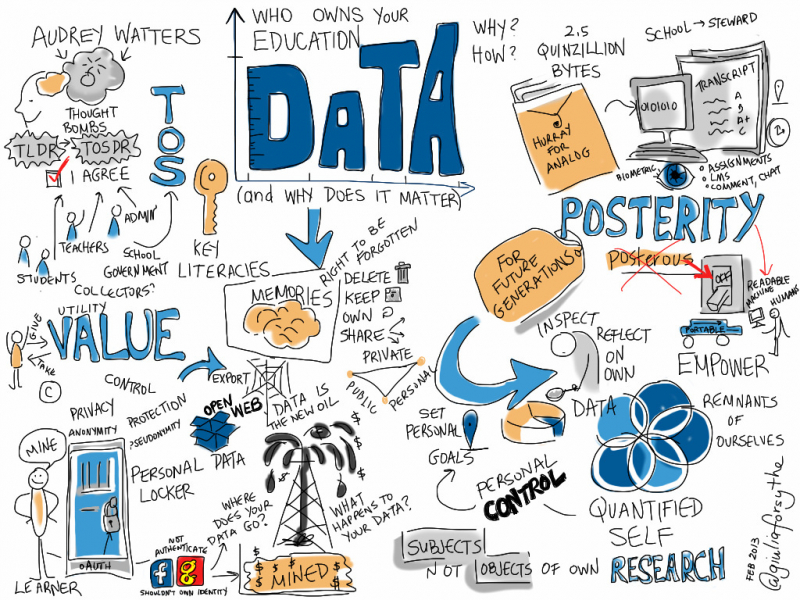
analyticsindiamag.com -
This course will expose you to some of the most important topics of contemporary philosophical research. Each session will feature a different philosopher who will guide you through some of the most pressing topics and concerns in their field. They will start by trying to figure out what philosophy is — what are its main goals and methods, and how does it compare to other disciplines? The rest of the course will be spent getting an overview of numerous different topics of philosophy.
Epistemology, in which they analyze what knowledge of the world and ourselves consists of and how they came to acquire it, is one of the topics you'll learn about. They will look at core conceptual challenges in scientific investigation and practice in philosophy of science. They will discuss what it is for something to have a mind and how minds should be understood and described in Philosophy of Mind. They will look into whether they have a moral obligation to follow the law in Political Philosophy. Moral Philosophy is a course in which they will try to understand the nature of moral judgments and reactions, whether they are aimed at some objective moral truth or are simply personal or cultural preferences, and. They will discuss metaphysics, where They will consider some fundamental philosophical issues such as free will and the nature of reality. The Eidyn research centre at the University of Edinburgh has led the development of this MOOC.
They were excited to introduce a companion book from Routledge, titled 'Philosophy for Everyone,' to go along with 'Introduction to Philosophy.' This course companion to the 'Introduction to Philosophy' course was prepared specifically for MOOC students by the Edinburgh Philosophy team. 'Philosophy for Everyone' includes clear and user-friendly chapters, chapter summaries, glossary, study questions, recommendations for more reading, and links to online resources. For more information, please click "Start Here" and go to the "Optional Reading" page.
- Flexible deadlines: Reset deadlines based on your availability.
- Shareable certificate: Get a Certificate when you complete
- 100% online: Start now and learn when it's convenient for you.
- Approx. 7 p.m. to finish
- Subtitles: Arabic, French, Portuguese (European), Italian, Vietnamese, Dutch, Korean, German, Russian
Rating: 4.7/5
Website: coursera.org/learn/philosophy
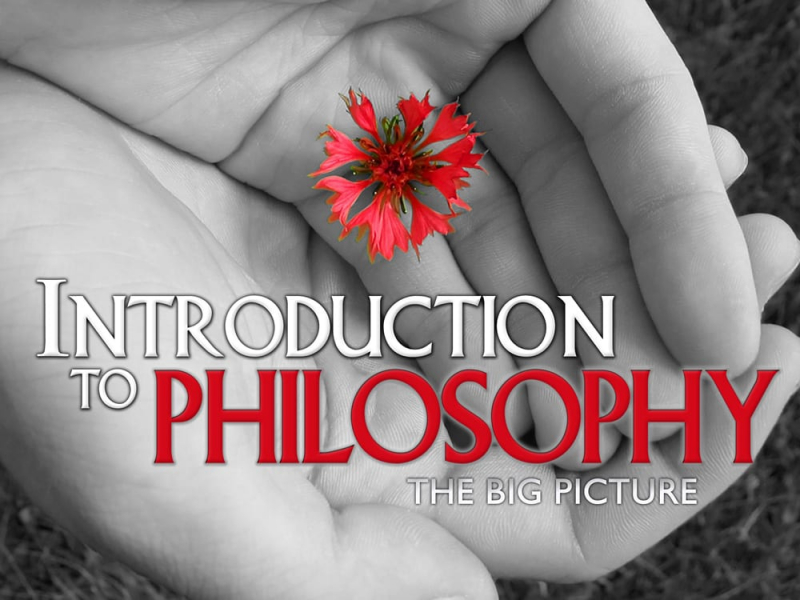
edynamiclearning.com 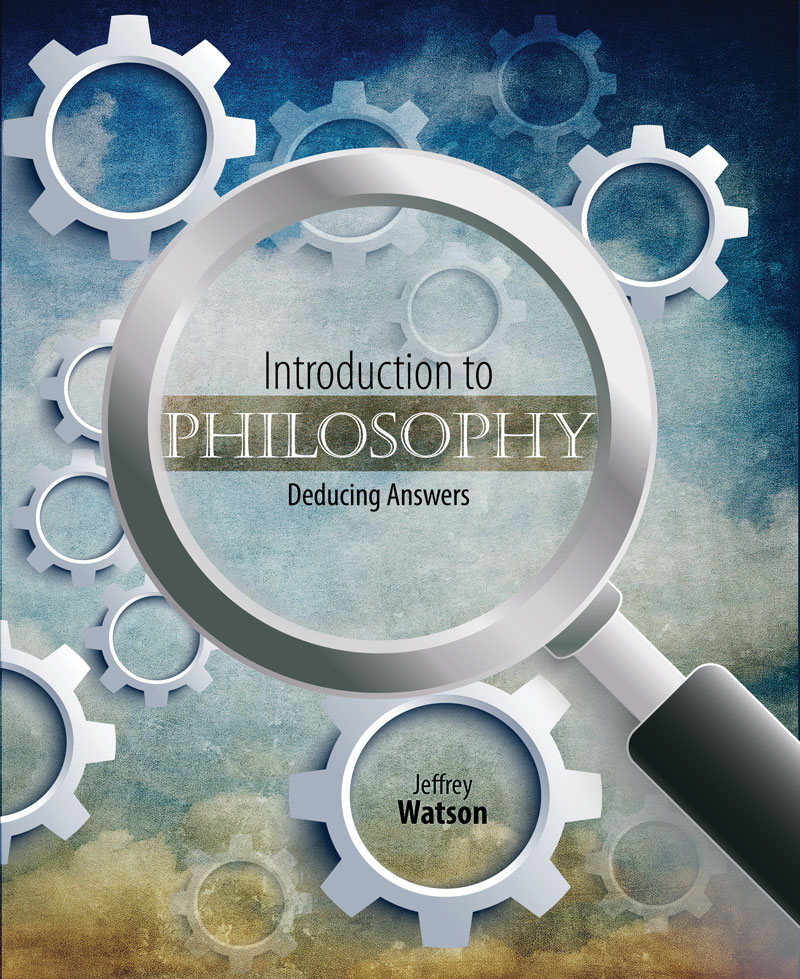
he.kendallhunt.com -
Introduction to Logic and Critical Thinking, one of the best logic online courses, will improve your ability to recognize, analyze, and evaluate arguments made by others (including politicians, used car salesmen, and teachers), as well as to develop arguments of your own to persuade others and to assist you in making decisions. This specialization explains general principles of sound reasoning and provides tools to help you develop your critical thinking abilities. These abilities will aid you in determining when an argument is being presented, what its key components are, and what it implicitly assumes. You'll also learn how to evaluate arguments using deductive and inductive principles, as well as how to spot and avoid fallacies.
- Shareable certificate: Get a Certificate when you complete
- 100% online courses: Start now and learn when it's convenient for you.
- Flexible schedule: Set and stick to flexible deadlines.
- Beginner level: No prerequisite knowledge.
- Approximately 4 months to complete: Recommended pace of 5 hours/week
- Subtitles: English, Arabic, French, Ukrainian, Portuguese (European), Chinese (Simplified), Italian,
- Portuguese (Brazilian), Vietnamese, German, Russian, Spanish, Romanian
- SHOW ALL SUBTITLE LANGUAGESShow All
What you will learn:
- Understand and appreciate arguments that you and other people present
- Determine whether or not an argument is deductively valid
- Analyze and assess five common forms of inductive arguments
- Recognize fallacies
Rating: 4.6/5
Website: coursera.org/specializations/logic-critical-thinking-duke

classcentral.com 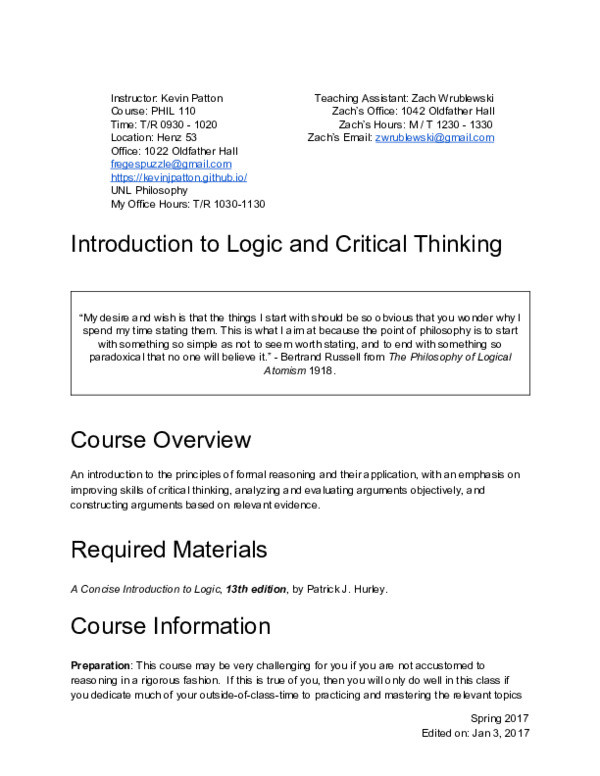
academia.edu -
You will discover what an argument is in this course. When you understand the meaning of argument, you'll be able to tell when someone is making an argument and when they aren't. Following that, you'll learn how to break down an argument into its constituent components, how to arrange them in a way that reveals their connections, and how to fill in holes in an argument by introducing repressed premises. You will be better equipped to grasp and appreciate arguments that you and others present by the end of this courses
Understanding Arguments: An Introduction to Informal Logic, Ninth Edition, Concise, Chapters 1-5, by Walter Sinnott-Armstrong and Robert Fogelin is recommended reading for students who seek more detailed explanations or additional exercises, or who want to go deeper into these issues. Each week will be broken down into various video portions that can be seen individually or in groups. After each segment, there will be a brief ungraded quiz to evaluate comprehension, as well as a longer graded quiz at the end of the course.
- Flexible deadlines: Reset deadlines based on your availability.
- Shareable certificate: Get a Certificate when you complete
- 100% online: Start now and learn when it's convenient for you.
- Course 1 of 4 in the: Introduction to Logic and Critical Thinking Specialization
- Beginner level: Approx. 25 hours to complete
- Subtitles: Arabic, French, Ukrainian, Portuguese (European), Chinese (Simplified), Italian, Portuguese (Brazilian)
Rating: 4.6/5
Website: coursera.org/learn/understanding-arguments

developmenteducation.ie -
Profitable propositions provide an outlet for exploration in all areas of economics, grounded on rigorous theoretical logic and on motifs in mathematics that are supported by the analysis of profitable problems. Published papers contribute to the understanding and result of substantial profitable problems. Among the motifs addressed in the journal are classical and ultramodern equilibrium propositions; collaborative andnon-cooperative game propositions, macroeconomics, social choice and weal, query and information, intertemporal economics( including dynamical systems), public economics, transnational and experimental economics, fiscal economics, plutocrac and banking, and artificial association. In addition to original exploration papers, Economic Theory publishes checks for particular areas of exploration that easily set forth the introductory underpinning generalities and ideas, the essential specialized accoutrements , and the central open questions.
This course covers basic mathematical ideas like as propositional and predicate logic, set theory, the number system, and proof techniques in a relatively brief manner. Students will be able to at the end of the course to:
(1) be able to recognize the logical structure of basic puzzles
(2) manipulate logical expressions
(3) distinguish between natural, integer, rational, real, and complex numbers(4) explain the relationship between logic and set theory
(5) Recognize the many types of fundamental proofing approachesWhat you will learn:
(1) Introduction
(2) Overview and motivation of the topics to be treated in the course
(3) Propositional logic
(4) Logical propositions and the rules that govern them.
(5) Predicate logic, set theory, and functions
(6) Logical statements that depend on a variable.
(7) Numbers
(8) Proofs
(9) Final test
- Flexible deadlines: Reset deadlines based on your availability.
- Shareable certificate: Get a Certificate when you complete
- 100% online: Start now and learn when it's convenient for you.
- Advanced level: Approx. 7 hours to complete
- Subtitles: French, Portuguese (European), Russian, English, Spanish
Rating: 4.4/5
Website: coursera.org/learn/logic-for-economists
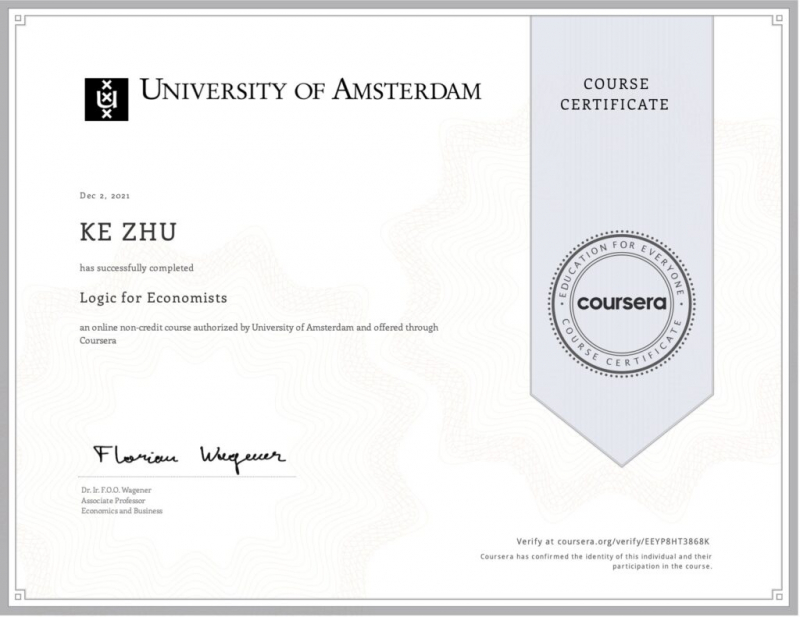
kzhu.ai -
For students beginning their first year of college, critical reasoning skills are a critical success component. They must be logical thinkers who can construct arguments. This course, which is geared toward incoming college freshman but is open to anybody, gives a solid foundation in critical thinking abilities. At the University of North Carolina at Chapel Hill, faculty from a variety of disciplines offer advice on how to apply critical thinking skills in specific disciplines. Students will learn more, enjoy their classes more, and achieve greater academic achievement if they master these qualities.
This course will teach you what critical thinking abilities are and why they are so valuable. You'll also study how critical thinking skills differ across disciplines and see them utilized in chemistry, history, psychology, law, English, and American Studies, among other topics. Working through situations or challenges provided by researchers in these subjects can help you build your own critical thinking skills, and you'll have a better understanding of how your college courses will differ from your previous schooling.
- Flexible deadlines: Reset deadlines based on your availability.
- Shareable certificate: Get a Certificate when you complete
- 100% online: Start now and learn when it's convenient for you.
- Beginner level
- Approx. 4 p.m. to complete
- Subtitles: French, Portuguese (European), Russian, English, Spanish
Rating: 4.3/5
Website: coursera.org/learn/critical-reasoning

stockton.edu















